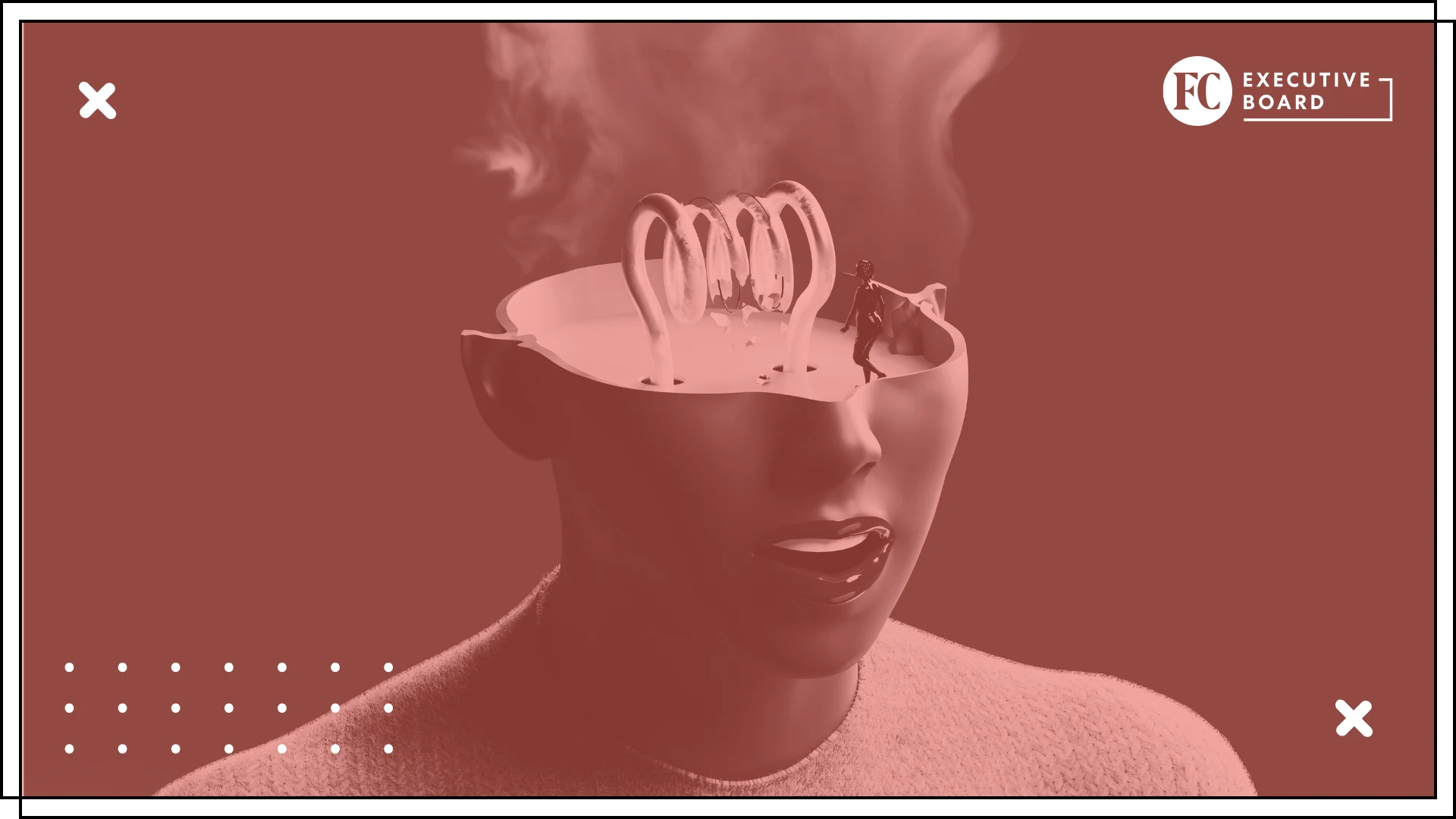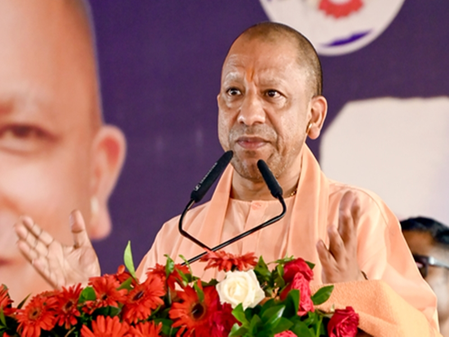Copyright Fast Company

Burnout is something most entrepreneurs think happens to other people, until it doesn’t. A 2024 survey found 34.4% of entrepreneurs reported experiencing burnout, and 26.9% said they had a poor work-life balance. It is also a problem most keenly felt by entrepreneurs—research confirms that the high demands and limited resources of entrepreneurship make them more susceptible. The problem is that founders are told to expect pressure. We’re warned about sleepless nights, endless decisions, and investor expectations. We accept these as the cost of building something meaningful. However, the part that isn’t really explained is how burnout feels when the company’s success relies on you showing up every day regardless of whether you’re running on fumes or on purpose. THE INVINCIBILITY MYTH When you’re leading a company, people look to you for strategy and stability. This creates a paradox. The more tired you become, the more energetic you need to appear. The more uncertain, the more conviction you need to project. You keep going, even when you’ve lost the signal between effort and outcome or aren’t making the best decisions, only fast ones. The problem is that burnout at the founder level isn’t just exhaustion, it becomes a disconnect from the business, the people, and eventually from yourself. There are several identifiable symptoms. Physically, you could experience chronic fatigue and persistent exhaustion, even after rest, headaches, muscle pain, stomach issues, frequent illness, and difficulty sleeping. Subscribe to the Daily newsletter.Fast Company's trending stories delivered to you every day Privacy Policy | Fast Company Newsletters On the mental front, these symptoms manifest as difficulty concentrating, lack of focus, decision-making fatigue, a reduced ability to solve problems, and a persistent negative outlook. Then there’s the emotional layer, which includes reduced motivation, mood swings, emotional detachment, feelings of failure, and the desire to quit, among others. The problem is that despite recognizing the risk of burnout and the depth of the issues it introduces, entrepreneurs can’t delegate the weight of ownership. It doesn’t matter how extraordinary your team is or how brilliant your co-founders are, there are decisions only you can make. In times of uncertainty, those decisions become heavier. The result is that you start to erode. BREAK THE BURNOUT NARRATIVE Most leadership articles treat burnout like a warning sign. Stop! Danger! For founders, it’s often the backdrop because if you stop, what happens to the thing you’ve built? Well, that’s the narrative we tell ourselves anyway. The truth is very different. Burnout makes you a liability to your own company as you tend to lose perspective, solve the wrong problems, and become more reactive. It also reminds you to change your narrative. Burnout isn’t a personal failure. You need to treat it as if you would a product flaw. If a system is crashing under the load, don’t blame it, redesign it. Addressing burnout means changing your approach to protect you and your team, while building a more resilient business culture. advertisement For example, I make a conscious effort to encourage my team to make full use of our unlimited vacation policy. When someone tells me they’ll be off work for a week, I respond positively and show genuine interest in their holiday plans. I remind my team that they are entitled to time off, I speak about being offline as an opportunity to recharge, and in doing so, proactively counteract the guilt people feel about being away. Ultimately the business wins, because when people are rested, their performance and productivity are better. The goal is to build an environment that allows people to be just that—people. This means allowing them to become more self-sufficient while we, as leaders, stop being the bottleneck by releasing some of the control. There is strange pride in the founder community around how much we can endure, but endurance without reflection is less resilience and more attrition. FINAL THOUGHTS Burnout is not just overwork, it is often related to a loss of identity and loss of a sense of fulfilment, as a founder’s job changes as the company changes and grows. Steve Jobs was very involved with design not because he didn’t trust his design team, but because this was what he loved doing and got a sense of fulfilment through this work. It is not uncommon to find yourself hating your new job—even at your own company. It’s important to consciously spend time and “design” your job to ensure you are energized by it. Delegate tasks that drag your energy down, get hands-on with things that energize you and make you feel great. We need to build support systems with peers, advisors and executive coaches who can help us gain perspective without compromising on our performance. So, if you’re reading this and you’re running on empty, remember that burnout is something you can fix. Yes, your company matters, and your mission is worth fighting for, but that also means your energy, clarity, and health are structurally critical to ensuring your company’s success. Companies that thrive sustainably are built by people who learn how to pause to take care of themselves. Max Azarov is the CEO and cofounder of Novakid Inc.



